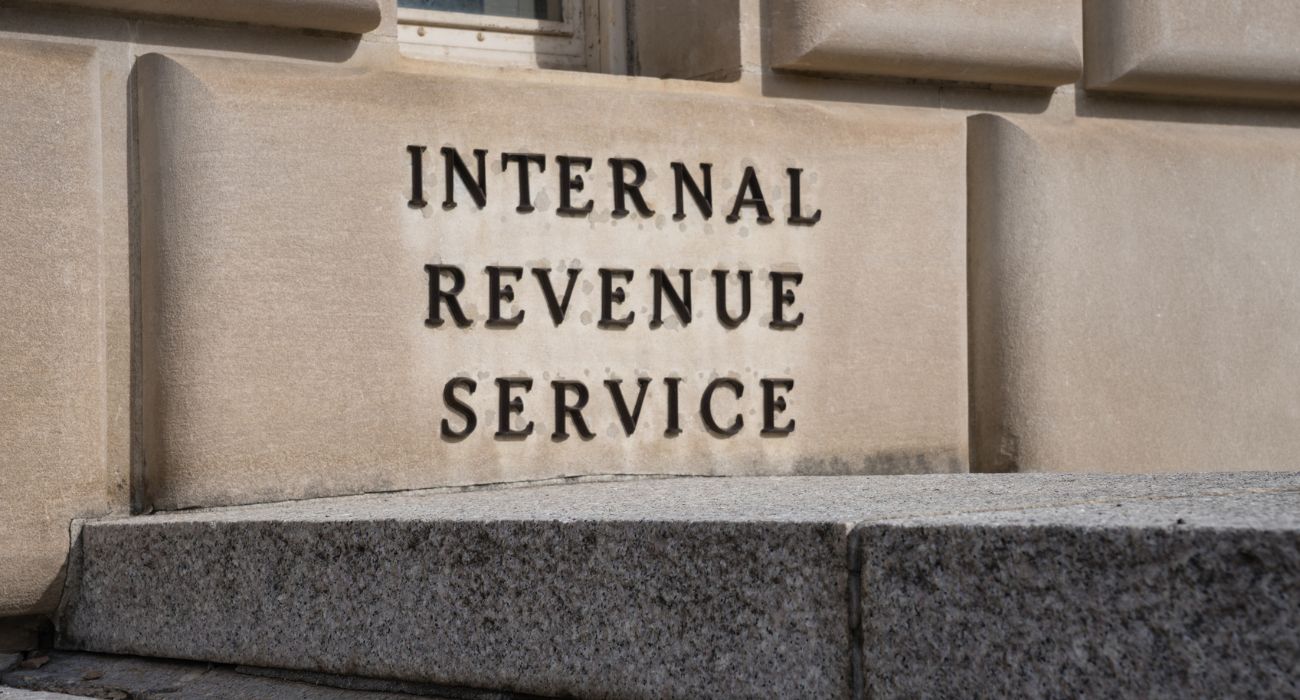A Starbucks barista is suing to have the National Labor Relations Board declared unconstitutional after it blocked his attempt to decertify the union at the store where he worked.
The case arose when Reed Busler’s place of work, a San Antonio-area Starbucks, voted in favor of unionization during a November 2022 national campaign to organize the coffee chain’s employees. Busler opposed the decision and abided by the statutory waiting period to file a petition with the National Labor Relations Board (NLRB) to decertify the union, The Texan reported.
Busler argued that the store’s union should be removed because many of the employees who voted for unionization were no longer working there, and the umbrella organization, Workers United, was either absent or divisive — if they showed up at the Starbucks location at all.
The NLRB regional director informed Busler that he needed to justify why his petition should be honored when Starbucks is the subject of unfair labor relations charges. Busler filed a response, including affidavits from two coworkers who stated they also wanted to deunionize the coffee shop.
In December 2023, the NLRB dismissed Busler’s petition, ostensibly because of other charges against Starbucks related to labor relations in what is known as a “blocking charge policy.”
Mark Mix, the National Right to Work Foundation (NRTW) president, told The Texan that he considers the judgment flawed, arguing the NLRB did not rule based on the substance of Busler’s case and did not show that the other charges for which Starbucks is being investigated had anything to do with his case.
With his legal options severely limited, Busler filed a suit against the NLRB, joining another suit by a Starbucks employee in New York who is challenging the NLRB structure on constitutional grounds.
Busler’s case hinges on the National Labor Relations Act, which established the NLRB and set restrictions on the U.S. president’s ability to remove NLRB board members. The suit alleges that this law violates “the fundamental separation of powers principle that the President must be free to remove executive officers at will,” as dictated by Supreme Court cases like Seila Law LLC v. CFPB (2020) and Collins v. Yellen (2021), per NRTW.
NRTW is providing Busler with free legal aid in his lawsuit against NLRB.
“Board Members are principal officers wielding substantial executive power. This includes the power to promulgate binding rules, to enforce the law through adjudicating unfair labor practice disputes and issuing remedies, to issue subpoenas, and to enforce the law through adjudicating representation proceedings,” reads the complaint, according to NRTW. “By adjudicating Busler’s petition notwithstanding its unconstitutional structure, the Board is violating his right to have his petition adjudicated by politically accountable officials.”
NRTW said Busler is seeking a declaration that the structure of the NLRB is unconstitutional and an injunction on the board proceeding with his decertification case until the federal lawsuit is fully adjudicated.
The Dallas Express spoke with Mix about the underlying reasons Busler and his fellow Starbucks workers want to do away with the union.
Mix said, “The union created a hostile environment when they went on strike outside the building.”
He claimed the union organizers made promises they never intended to keep just to lure the store’s workers into voting to unionize.
“Before the election, they said they would do all these great things, but they did not follow through,” Mix said. He added that, unlike the employer, “Under the current situation, union officials can say anything they want. They are not constrained by the truth or the law.”
Despite the criticisms from workers like Busler, the Biden administration has made a point of promoting unionization, championing “the role of strong labor unions in contributing to a thriving middle-class and economy — including through good-paying jobs, safe working conditions, and equitable treatment for workers.”
A 2023 report from the Treasury Department claimed that “unions play an important role in addressing longstanding challenges faced by the middle class — including stagnant wages, high housing costs, and reduced intergenerational mobility,” and in doing so, “contribute to a more robust and resilient economy.”






